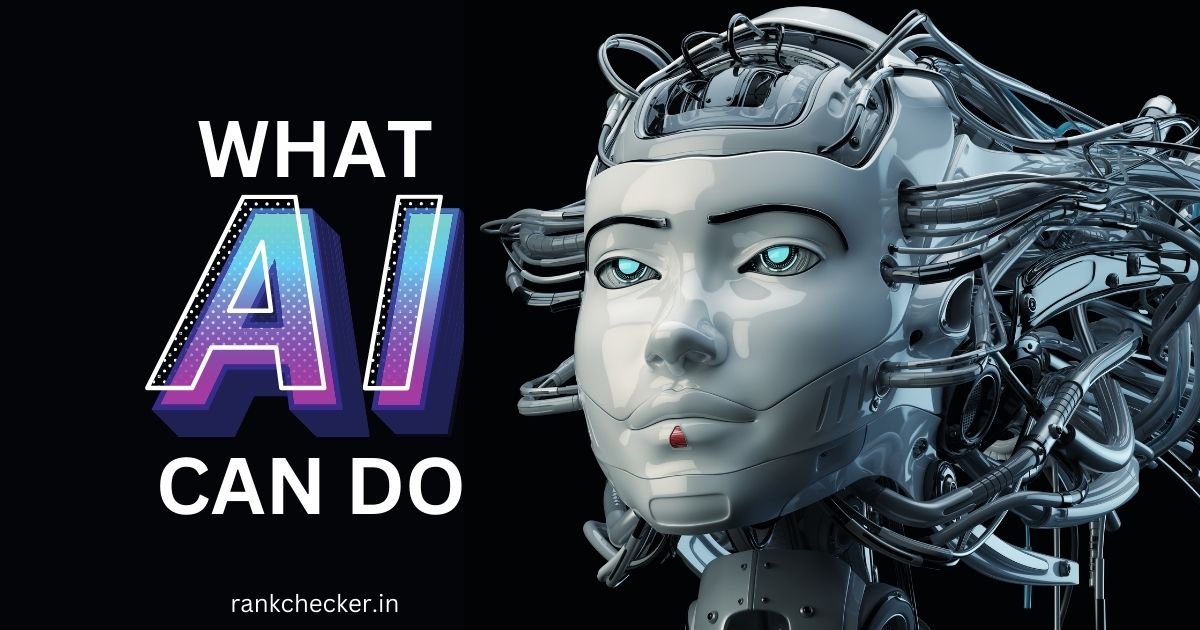Introduction
In the rapidly evolving world of artificial intelligence, OpenAI has once again pushed the boundaries with its latest release: ChatGPT-4o. Building on the success of its predecessors, this version boasts significant enhancements that promise to revolutionize how we interact with machines. This article explores the myriad of features, performance upgrades, and specialized applications of ChatGPT-4o.
Understanding ChatGPT-4o
Key Features of ChatGPT-4o
Advanced Language Understanding: ChatGPT-4o can grasp complex language nuances and offer contextually relevant responses, making conversations smoother and more intuitive.
Enhanced Memory Capabilities: Unlike its predecessors, ChatGPT-4o can remember past interactions within a session, providing a cohesive conversational experience.
Multi-modal Abilities: This model is not just text-based; it can understand and generate responses involving images, enhancing its usability in diverse fields.
Speed and Efficiency Improvements: ChatGPT-4o is optimized for faster response times, even when processing large volumes of information.
Performance Enhancements
ChatGPT-4o leverages an expansive training dataset, significantly larger than that of ChatGPT-3.5. This, coupled with improvements in model architecture, delivers higher accuracy and speed, making it ideal for both personal and enterprise-level applications.
Specializations of ChatGPT-4o
Domain-specific Versions: ChatGPT-4o comes in various specialized forms, tailored for industries such as healthcare, finance, and education, ensuring that the model’s responses are not only accurate but also industry-relevant.
Educational and Research Applications: The model serves as an invaluable tool for educational purposes, facilitating personalized learning and research.
Technical Specifications
The architecture of ChatGPT-4o includes several layers of neural networks, each fine-tuned to process different types of data more efficiently. This model is compatible with modern hardware and integrates seamlessly with existing software platforms.
Practical Applications
From streamlining customer service operations to assisting in complex research projects, ChatGPT-4o’s applications are vast and varied. In businesses, it enhances customer interaction and automates routine tasks, while in education, it serves as a personal tutor.
Ethical Considerations
OpenAI has implemented rigorous measures to mitigate bias and ensure fairness in ChatGPT-4o. Privacy and security are prioritized, with robust protocols to protect user data.
Future Prospects
The future of ChatGPT-4o looks promising, with ongoing developments aimed at enhancing its capabilities and expanding its application scope. Its impact is expected to grow, reaching more sectors and revolutionizing various processes.
Comparison with Competitors
ChatGPT-4o stands out for its advanced capabilities and ethical approach, positioning it favorably against competitors in the AI space.
User Experience
Early adopters of ChatGPT-4o report a significantly improved experience, citing the model’s ability to understand and respond to complex queries effectively as a major advantage.
Challenges and Limitations
While ChatGPT-4o is a groundbreaking tool, it is not without its challenges. Issues such as managing the vast amount of data it requires and ensuring consistent performance across all applications remain.
How to Access and Use ChatGPT-4o
Accessing ChatGPT-4o is straightforward, with OpenAI providing various licensing options. Integration involves standard API hooks that allow the model to be used within existing IT environments seamlessly.
Expert Opinions
Leading AI researchers and industry experts have lauded ChatGPT-4o for its innovative features and practical applications, predicting a bright future for this model in the AI landscape.
Conclusion
ChatGPT-4o is not just an incremental update; it is a significant leap forward in the AI field, offering capabilities that enhance both personal and professional tasks. Its introduction marks a significant milestone in the journey towards more intelligent and empathetic machines.
FAQs
ChatGPT-4 offers improved language understanding, more coherent responses, and better contextual awareness compared to previous models. It has enhanced capabilities for handling complex queries and generating more accurate and relevant outputs.
Businesses can benefit from ChatGPT-4 by automating customer support, enhancing content creation, providing personalized recommendations, and streamlining operations. This leads to increased efficiency, improved customer satisfaction, and cost savings.
OpenAI has implemented strict guidelines, regular audits, and usage monitoring to prevent misuse. They offer transparency reports and collaborate with experts to address ethical concerns. Users must adhere to policies designed to avoid harmful applications.
Yes, ChatGPT-4 can be used in healthcare for tasks such as patient communication, appointment scheduling, and preliminary diagnostics. However, it should be used under professional supervision to ensure accuracy and ethical compliance.
Running ChatGPT-4 effectively requires robust hardware, including a high-performance GPU, substantial RAM (at least 32 GB recommended), and a multi-core processor. Cloud-based solutions are also available for scalable and efficient deployment.

